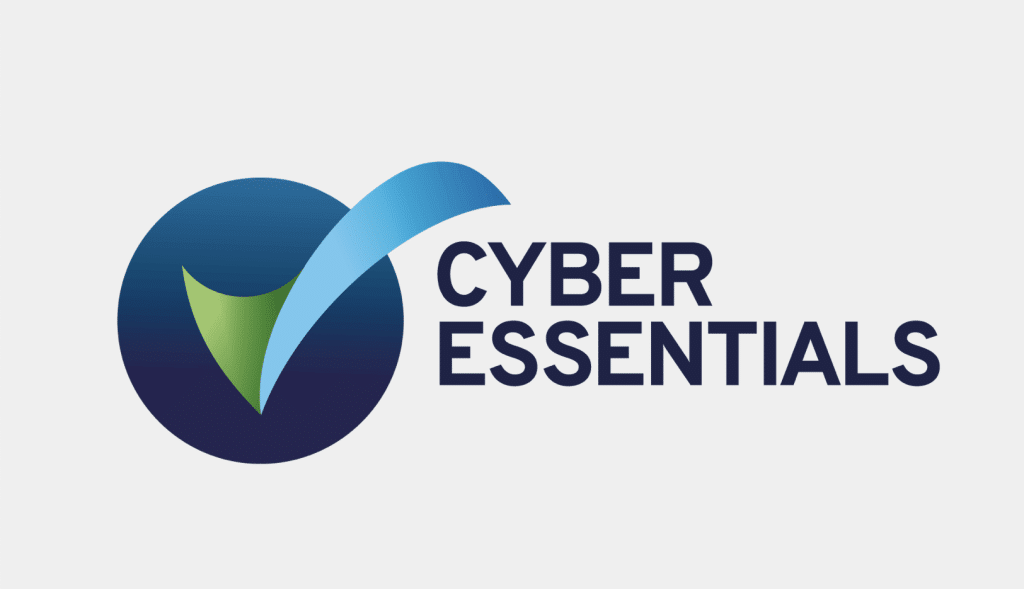
To embrace volatility in a complex tax environment, fintech companies must take a proactive approach to their tax position.
The fintech industry has registered rapid growth over the past 10 to 15 years, going from an overwhelmingly startup culture to a diversified mix of public and private companies – many of which are viewed as key peers and partners within banking and financial services.
That success also has brought new challenges, including a more complex and rigorous regulatory and tax environment, both domestically and globally.
Following are four active areas for which fintech companies should plan in both the short and long terms.
Unpacking ASU 2023-09 income tax disclosure requirements
The Financial Accounting Standards Board (FASB) recently issued Accounting Standards Update (ASU) 2023-09, which introduces new disclosure requirements for income taxes in financial statements. This update aims to enhance transparency and provide stakeholders with more comprehensive information regarding a company’s income tax position.
Navigating the valuation allowance landscape
The need for a comprehensive evaluation of valuation allowances against deferred tax assets becomes critical in an uncertain economic environment. A valuation allowance serves as a reserve against deferred tax assets when it is more likely than not that these assets will not be realized. Determining the need for a valuation allowance requires accumulating all positive and negative evidence, consideration of the objective verifiability of that evidence, and an overall evaluation of weight of that evidence.
Managing jurisdictional tax challenges
Operating across multiple states and countries presents fintechs with a complex web of tax considerations. As these companies expand their geographic footprints, they must keep up with varying tax rates, regulations, and reporting requirements in each jurisdiction in which they operate. Failure to properly navigate this intricate landscape can lead to costly missteps, legal issues, and reputational damage. Broad-brushing is simply not an option.
Modeling impact on cash tax obligations
In a fintech company’s growth phase, it is often generating net operating loss (NOL) and credit (particularly research tax credit) carryforward assets. These are critical elements of tax strategy, especially when it comes to bolstering cash flows. However, as the company earns out of those carryforward assets, the Tax Cut and Jobs Act of 2017 (TCJA) brings the likelihood of cash-basis taxes before full realization of the carryforwards.





